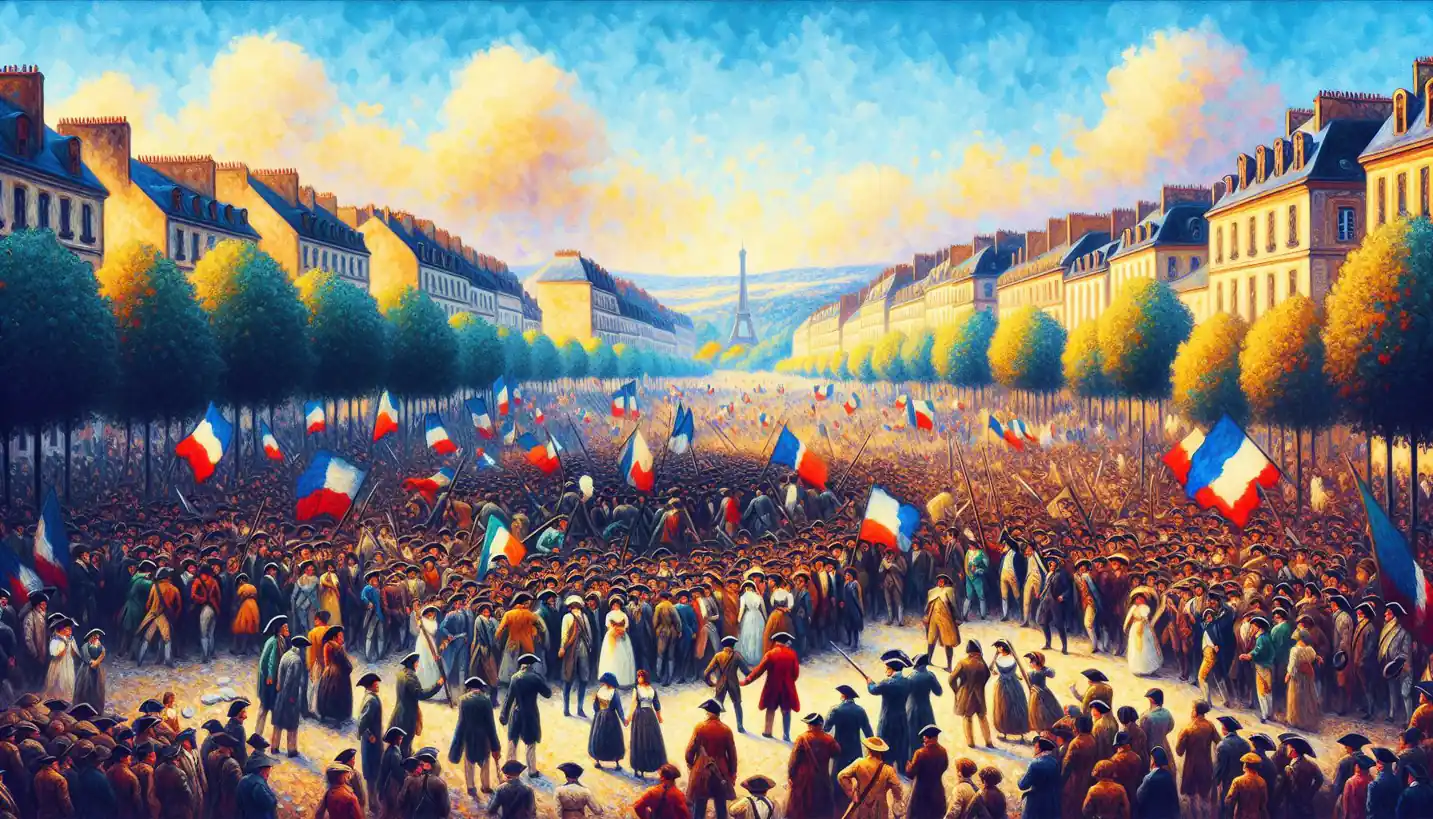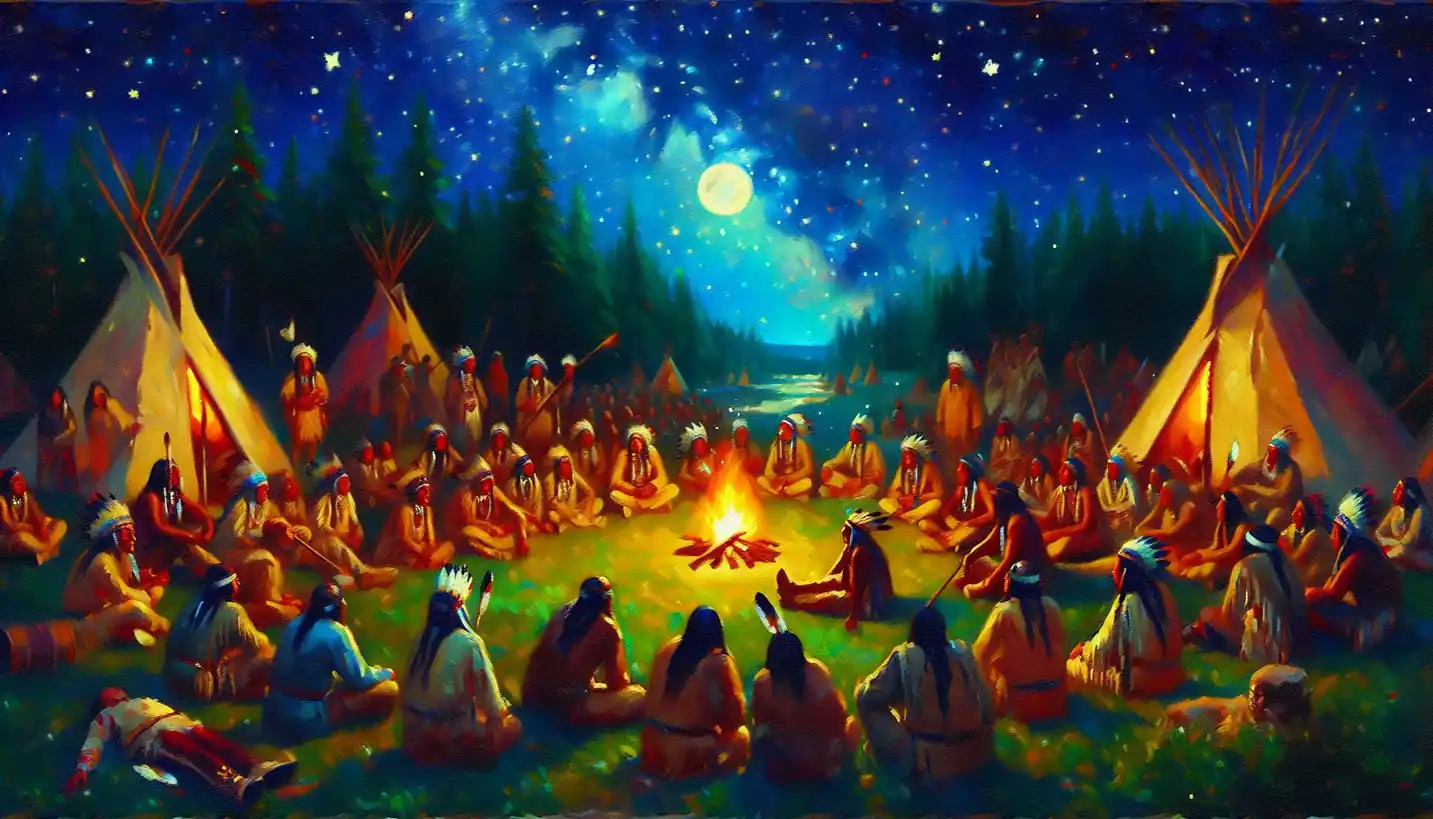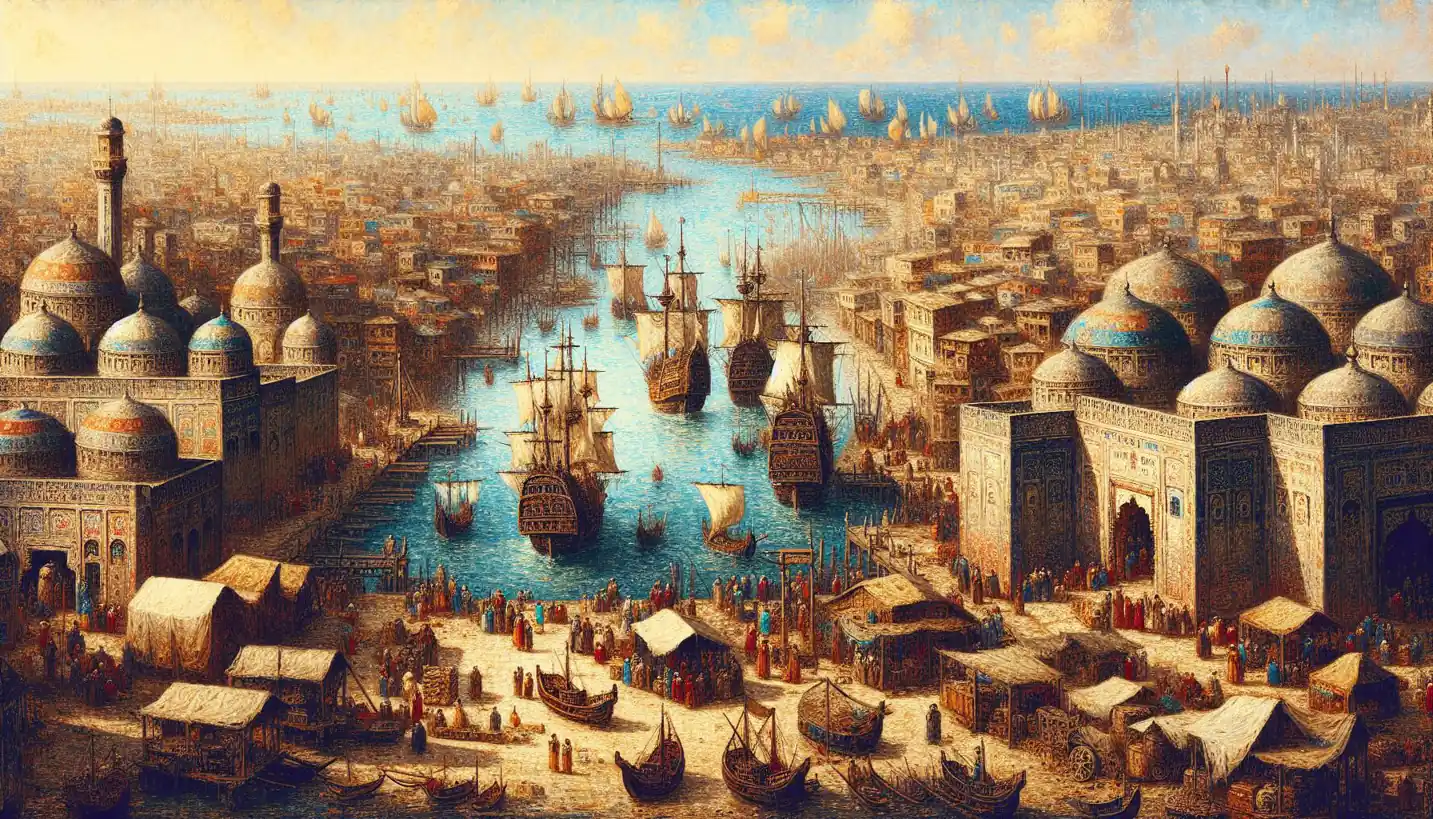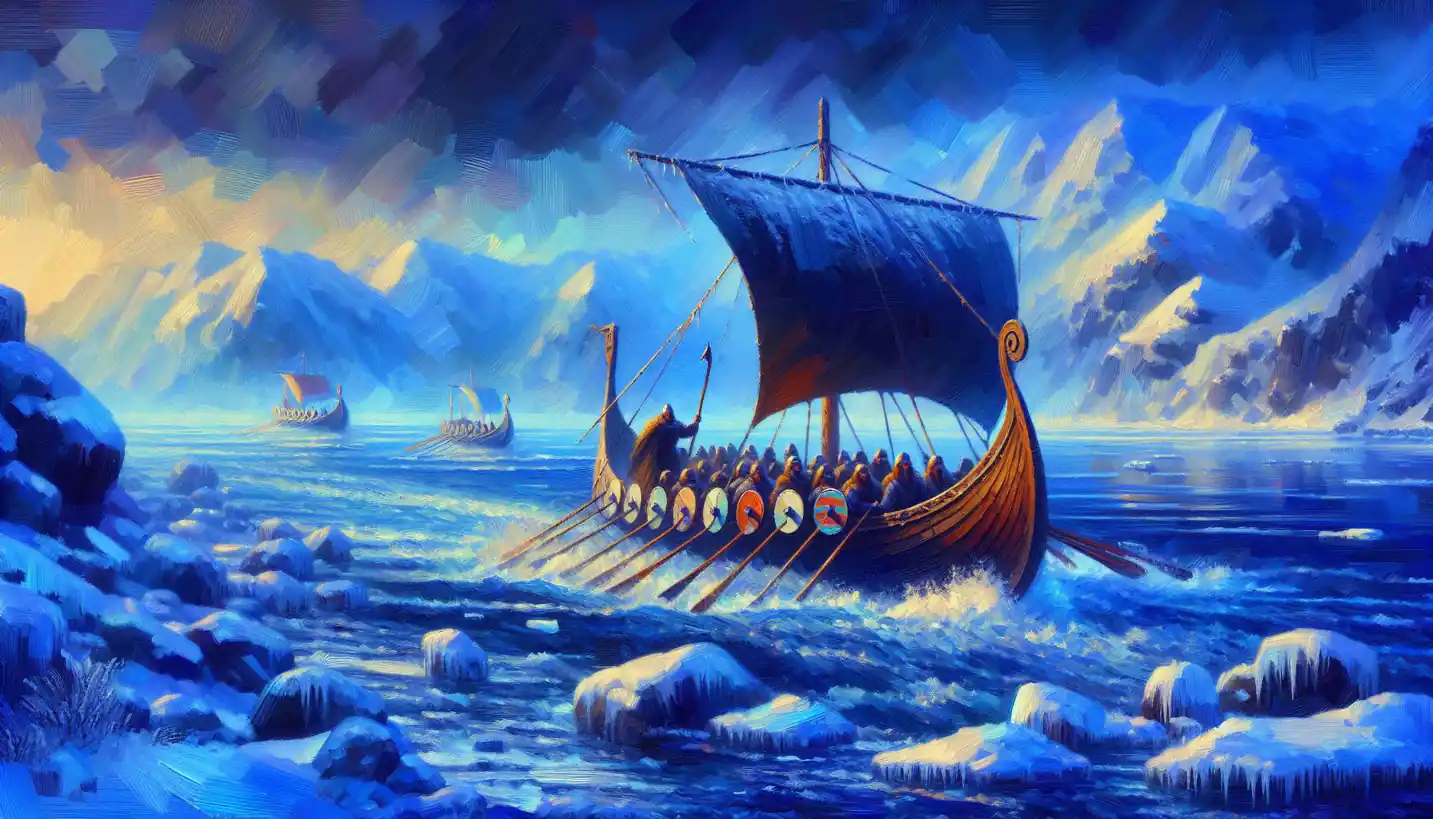· History · 4 min read
Exodus: A Journey Through Migration History
The biblical narrative of exodus echoes throughout migration history. This journey carries timeless themes of escape and seeking a new home.
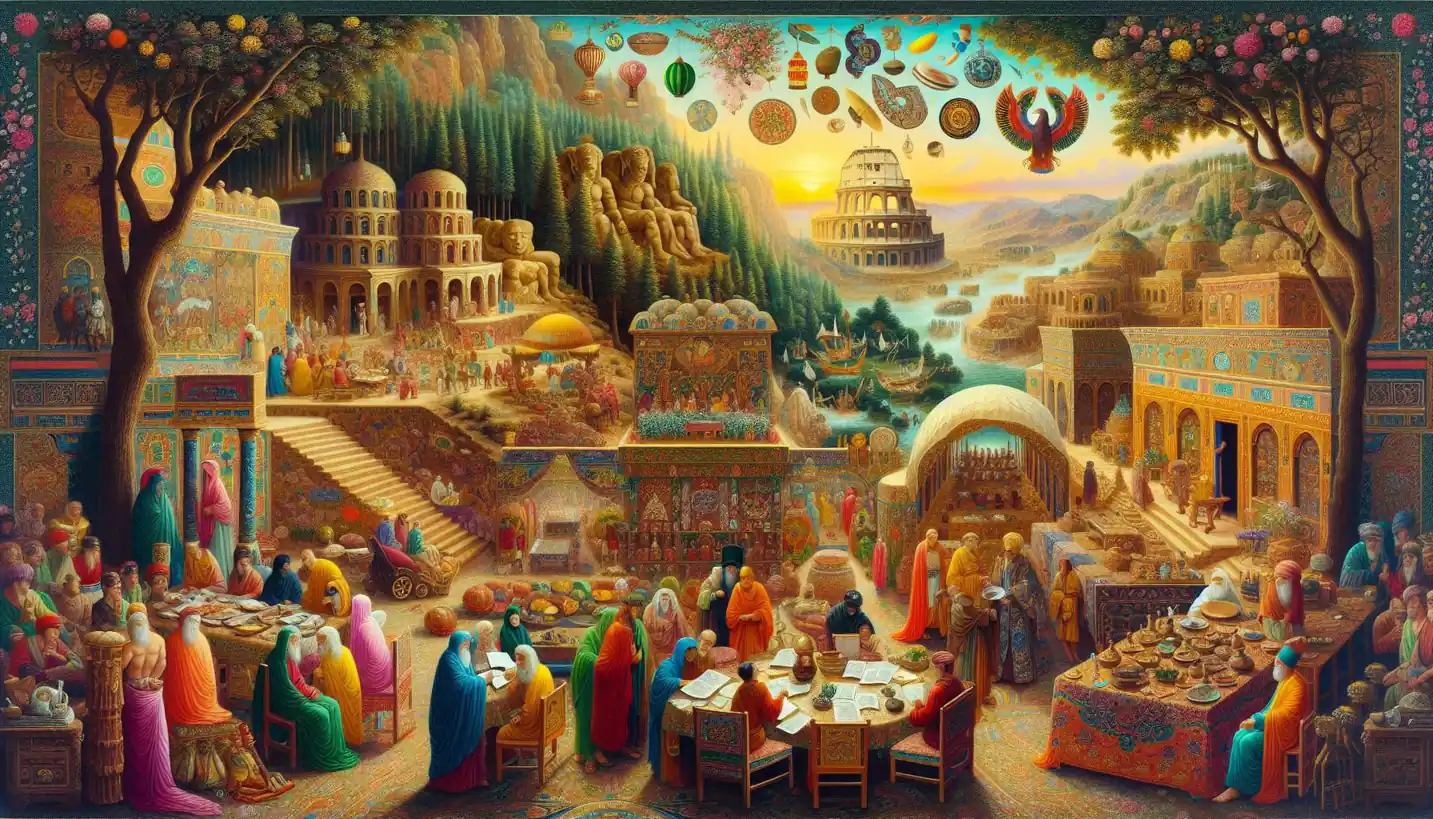
Migration is an age-old story that has been part of human history since our ancestors first roamed the earth. This journey from place to place, often driven by necessity or opportunity, has shaped civilizations and cultures throughout time. The concept of “Exodus” is a powerful testament to these movements, encapsulating the deep-seated urge to seek new beginnings.
Let’s delve into this fascinating topic and explore how migration has influenced societies, from early human wanderers to modern-day travelers.
Migration isn’t just about moving from one place to another. It’s about survival, adaptation, and sometimes desperation. Think about the nomadic tribes thousands of years ago. They moved with the seasons, following game and resources in a dance as old as humanity itself. This was survival migration, dictated by nature and necessity.
Over time, as humans settled and started farming, we saw the first big shifts of people seeking fertile lands. This is where the story of Exodus truly begins. Just imagine being one of those early migrants, packing up your life and venturing into the unknown in search of a better future.
Fast forward to the ancient civilizations, and we see migration influenced by trade, conquests, and the rise and fall of empires. The Silk Road, for example, wasn’t just about exchanging goods. It was a grand highway of ideas, technologies, and cultures, connecting East and West in a vast network of human interaction.
The great migrations of history have often been spurred by crises. Consider the Irish Potato Famine in the mid-19th century, which forced many to leave their homeland in search of food and stability. Or the mass movements of people during World War II, which displaced millions across continents. Each of these migrations was an exodus in its own right, a testament to human resilience and adaptability.
But what about the social and cultural impact of these migrations? Every time people move, they bring their traditions, languages, and beliefs with them. This blend of cultures can lead to vibrant, diverse societies but can also cause friction and conflicts. The melting pot that is the United States, for example, shows both the richness and challenges of a multicultural population.
Modern migration is influenced by factors like economic opportunities, political instability, and climate change. Urban migration is a huge trend, with people flocking to cities in search of better jobs and living standards. However, this brings about its own set of challenges. Overcrowding, pollution, and housing shortages are just a few of the issues city planners and governments are grappling with today.
There’s also a significant impact on mental health and identity when people migrate. The feeling of loss and nostalgia for one’s homeland, coupled with the struggle to fit into a new society, can be overwhelming. Yet, in these stories of struggle, there is also hope and triumph, as many migrants find new identities and communities that enrich their lives.
Many ask: What does the future hold? With technology making the world feel smaller yet borders tighter, how will migration evolve? As climate change continues to affect our planet, will we see new waves of migration as people flee from natural disasters and rising sea levels?
Understanding the history and patterns of migration can help us better prepare for these future challenges. The lessons from the past show us that migration has always been, and will always be, a crucial part of human history. It teaches us empathy, resilience, and the importance of embracing diversity.
In conclusion, the story of Exodus is not just about leaving; it’s about finding a new path forward. It’s a story of change, growth, and the enduring human spirit. As we continue on this journey, sharing these narratives can foster understanding and build a more connected and compassionate world.
